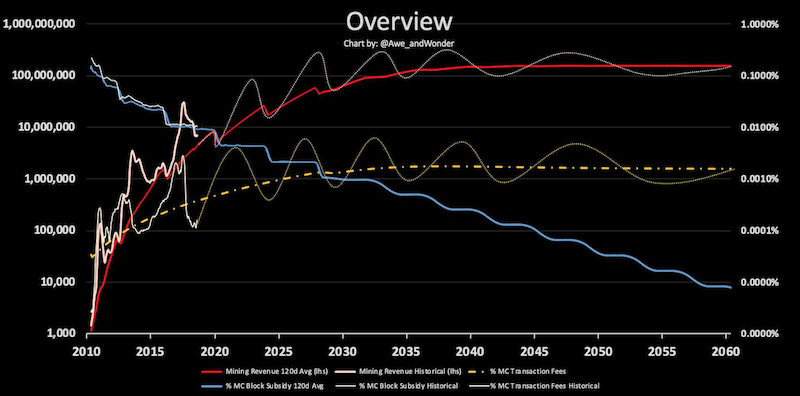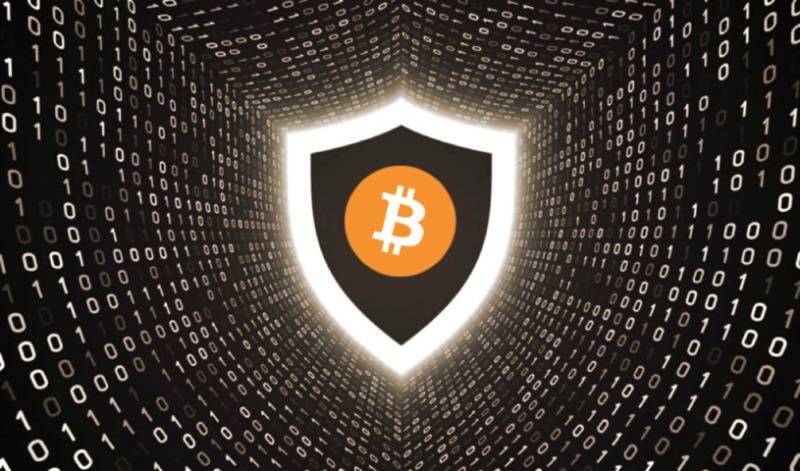“… The movement from static to dynamic media promises to bring about a fourth cost revolution in the related areas of jurisdiction, trust, and security. Impacts on business will be felt in law, accounting, auditing, billing, collections, contracts, confidentiality, and so on: in short, the entire nature of our business relationships will be altered in ways only partially foreseeable.”
– Nick Szabo
Listening to an essay from 1997 that details specific challenges of something as distant as the smart contract embedded into the Lightning Network shows the unbelievable foresight of the cypherpunks. As well as the dedication to seeing their vision become a reality.
The risks and benefits of chargebacks, the nature of the trade-off between contract enforcement & ensuring privacy, the elements of splitting contractual elements (the ripped dollar bill) to minimize trust, pseudonymous credit ratings, and so much more in our completion of Szabo’s essay, “Formalizing and Securing Relationships on Public Networks.”
Read More











Recent Comments